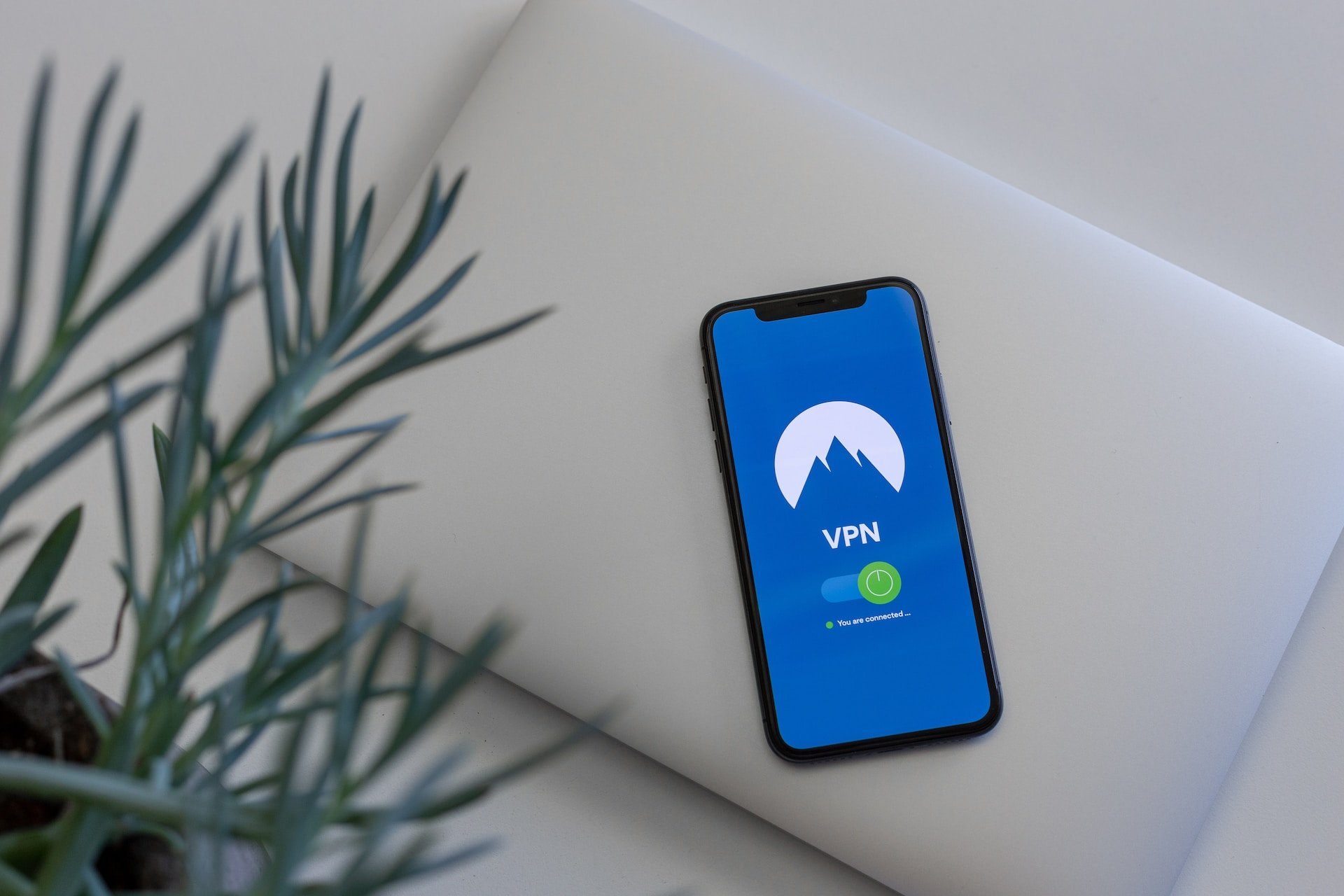The bill on securing the digital space must be examined this week in the National Assembly and an amendment now withdrawn has caused controversy: the ban on VPNs in the use of social networks. The opportunity to remind you why this proposal was a bad idea.
The controversy therefore ended this weekend following the media outcry caused by an amendment tabled by the presidential majority as part of the bill on securing the digital space. This amendment tabled by the Renaissance deputy of Nantes, Mounir Belhamiti, aimed to prohibit the use of VPNs in the use of social networks. Here, more precisely, is how the text was worded.
Prohibit any user of a social network from posting, commenting or interacting using a virtual private network.
Although it has today been withdrawn by the majority deputies, the government is still trying to regulate the use of VPNs within the framework of this bill, in particular on their use by minors without parental consent. .
Even within the majority, this amendment caused a stir and certain voices, such as those ofEric BothorelRenaissance deputy for Côtes-d’Armor (5th constituency), took to the stand on X (formerly Twitter) to express his opposition.
For his part, Monuir Belhamiti attempts appeasement by claiming to want to raise the debate on the use of VPNs within the framework of anonymity in the event of circumvention of the law. One thing that VPNs allow in theory, although not all guarantee it depending on the laws in force in the country hosting the service on the provision of logs to the authorities.
Let us remember, however, that this was only one amendment among the 820 other proposals in the text of the law on securing the digital space and examined this week by deputies in the National Assembly. Among these proposals, we also find some on the protection of minors from online pornography or on the introduction of tools against internet scams.
Why is it a bad idea to ban VPNs?
Beyond all considerations and political orientations, if the argument of the fight against cybercrime may seem legitimate on paper, in the context of regulating the uses of VPNs, we must not forget that the subject inevitably raises questions fundamentals of online privacy protection. By banning VPNs, we can potentially deprive individuals of an essential tool for individual freedom.
Such a measure would also have a limited deterrent effect. By this we mean that this ban would not necessarily guarantee an end to the use of VPNs by cybercriminals, the means of circumvention being much broader. Legitimate users, on the other hand, would inevitably be most affected by this ban. Additionally, it would be even more counterproductive, as criminals could simply move their activities to countries where VPNs remain permitted. In short, it’s a blow in the tooth.
Finally, there remains a fundamental question about access to information. VPNs are used in some countries by journalists, human rights defenders and citizens to circumvent government censorship and access unfiltered information. The ban on VPNs, particularly in the context of social networks, has the potential to hinder freedom of expression and access to information and therefore have serious implications for citizens’ rights.
